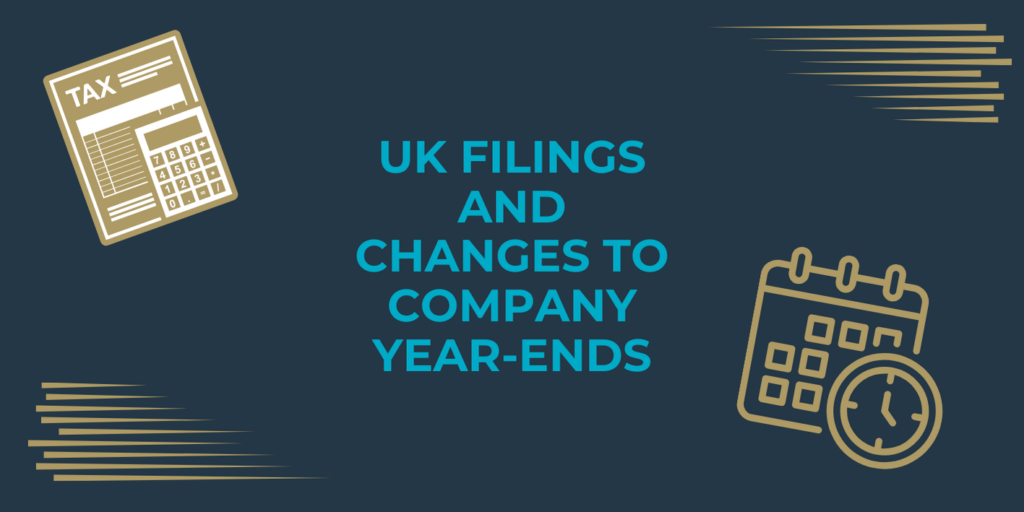Pimlico Plumbers ruling – how could it affect your business?
Whether you’re a businessperson who uses self-employed contractors, or a self-employed worker yourself, it’s likely you’ll have been following the Pimlico Plumbers case with interest.
Pimlico Plumbers, founded by entrepreneur Charlie Mullins, has lost a legal battle in the UK’s Supreme Court over workers’ rights in the ‘gig economy’. Judges ruled that Gary Smith, who was on Pimlico Plumbers’ books as self-employed, was entitled to benefits such as holiday and sick pay. Although Mr Smith was VAT-registered and paid self-employment taxes, he wore a company uniform, drove a company van with a tracker and carried a company ID card.
Supreme Court justice Lord Wilson said: “Although the contract did provide him with elements of operational and financial independence, Mr Smith’s services to the company’s customers were marketed through the company.
“More importantly, its terms enabled the company to exercise tight administrative control over him during his periods of work for it; to impose fierce conditions on when and how much it paid to him, which were described at one point as his wages; and to restrict his ability to compete with it for plumbing work following any termination of their relationship.”

The ruling means Mr Smith is now able to make a claim for holiday and sick pay.
Charlie Mullins said after the case: “This decision will potentially leave thousands of companies, employing millions of contractors, wondering if one day soon they will get a nasty surprise from a former contractor demanding more money, despite having been paid in full years ago.”
Contractor, worker or employee?
The case has highlighted confusion around how workers in our modern economy should be classified. Employment law specialists are calling for the government to bring forward legislation to clarify principles around employment status. This is important for workers’ rights, but also for the purposes of tax.
Far from taking Gary Smith’s stance, many contractors – for example in the IT industry – are keen to remain 100% self-employed, and are willing to forgo rights such as sickness and holiday pay for the benefits of higher freelance rates and flexibility of working hours. Equally, employers are happy with this arrangement as it means they have fewer obligations and a degree of flexibility as projects and recruitment requirements ebb and flow.
Being paid through a Personal Service Company (PSC), rather than working as a sole trader, is another way that contractors can benefit. Lower tax rates in the form of corporation tax, and the ability to offset expenses against profit are just two reasons why the PSC route is preferable for many.
But changes are afoot here, too. Public sector workers paid through a PSC are now liable to pay the usual income tax and National Insurance Contributions (NICs) under PAYE. Many broadcasters at the BBC fall into this bracket; earlier this year the HMRC ruled that former BBC presenter Christa Ackroyd should have been treated as an employee rather than a self-employed contractor, and she is now facing a tax bill of over £419,000.
It’s widely believed by industry leaders that these rules will eventually roll out to the private sector.
The BBC, along with many other employers, is now using three main types of categorisation for employment:
- Employee, with a wide range of employment rights including holiday pay, maternity and paternity pay and a written statement of employment
- Worker, including some employment rights such as holiday pay
- Self employed, no right to holiday pay, although still has some protection e.g. for health and safety on a client’s premises.
Need advice? We can help
While this is clearly a time of flux around the issues of workers’ status, rights and taxation, businesses and individuals can only operate within the current rules as they stand. If you’re unsure, it’s crucial to seek expert advice from professionals who have an intimate understanding of taxation law.
Here at Perrys, we can help you to navigate the sometimes complex world of employment status, with highly trained experts on hand in each of our 7 branches of chartered accountants in Kent and London. Using a pragmatic approach, we’ll devise a strategy that offers maximum savings for you, while avoiding falling foul of penalties and interest levied by HMRC.
To arrange a free and informal meeting to find out how Perrys can help you, please don’t hesitate to contact us.







